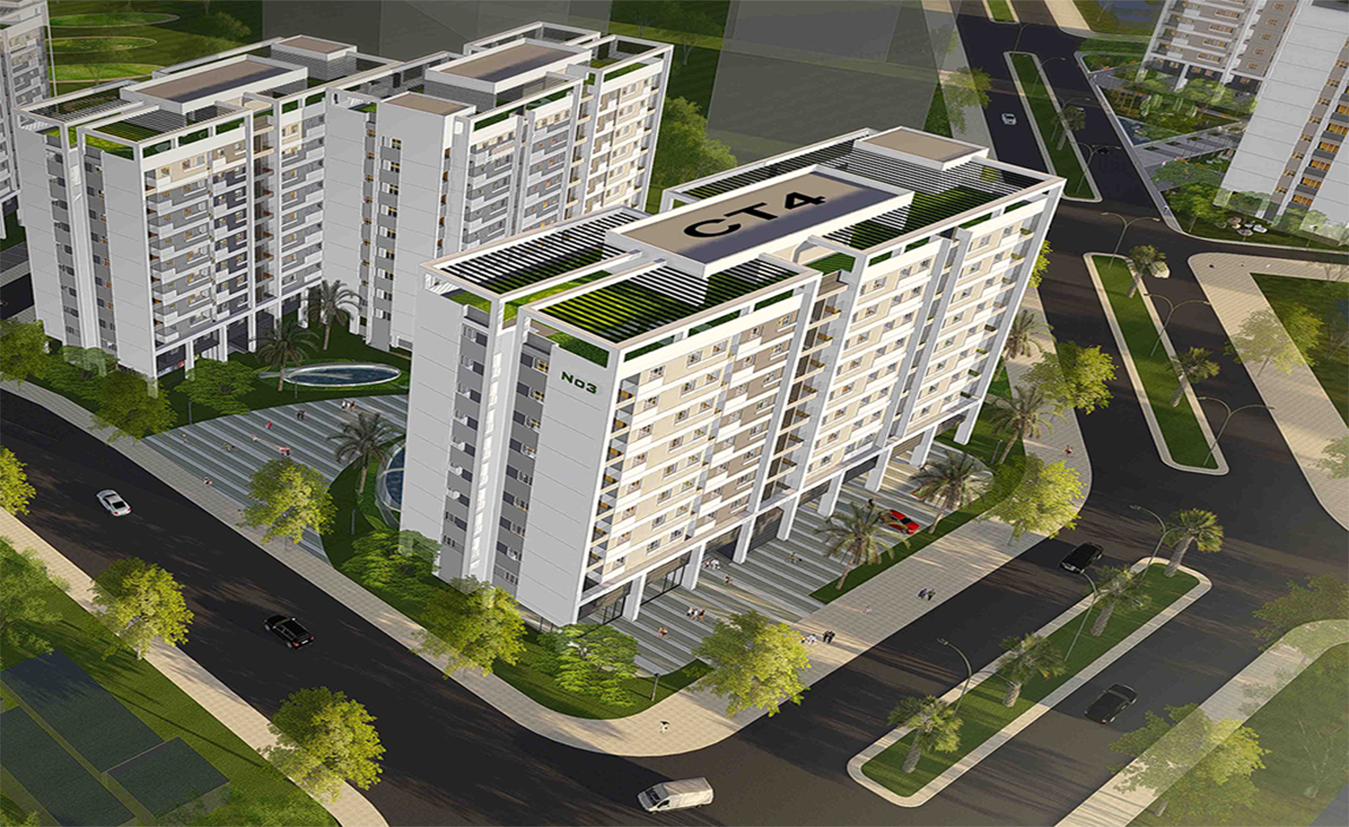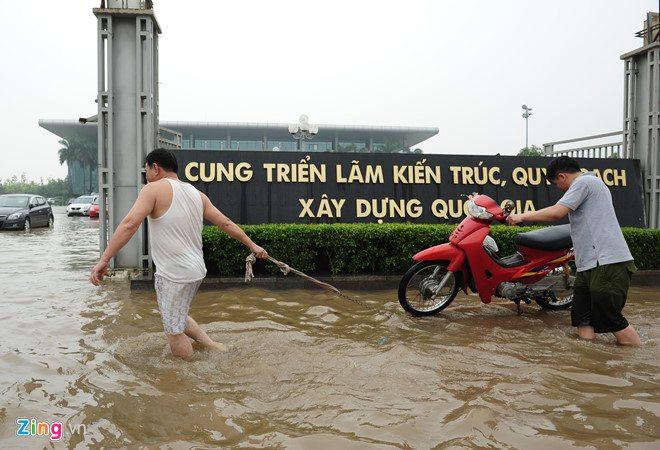In what cases does the State recover people's land? This is a question that the Lawnet has received quite a lot from customers and members these days. Therefore, below is the information regarding this matter.

Vietnam: Cases of land expropriation by the State in 2021
According to the current land law, specifically Articles 16, 61, 62, 64 and 65 of the Land Law 2013, the State shall recover people's land in the following cases:
1. Land expropriation for national defense or security purpose in Vietnam
Specifically, according to Article 61 of the 2013 Land Law, the State may recover land for national defense or security purpose in the following cases:
(1) Land for military barracks or offices;
(2) Land for construction of military bases;
(3) Land for construction of national defense works, battle fields and special works of national defense or security;
(4) Land for military railway stations and ports;
(5) Land for industrial, scientific and technological, cultural or sports facilities that directly serve national defense or security purpose;
(6) Land for warehouses for the people’s armed forces;
(7) Land for shooting grounds, training grounds, and weapon testing and destroying sites;
(8) Land for training institutions and centers, hospitals and sanatoriums of the people’s armed forces;
(9) Land for construction of public-duty houses of the people’s armed forces;
(10) Land for detention and re-education institutions managed by the Ministry of National Defense or the Ministry of Public Security of Vietnam.
2. Land expropriation for socio-economic development in the national or public interest in Vietnam
The State may recover land for socio-economic development in the national or public interest in the following cases:
(1) Implementation of projects of national importance which are approved in principle by the National Assembly for which land must be expropriated.
(2) Implementation of projects which are approved or decided by the Prime Minister, including:
- Projects on construction of industrial parks, export processing zones, hi-tech zones, economic zones, new urban centers; investment projects funded with official development assistance (ODA) capital;
- Projects on construction of offices of state agencies, central political and socio-political organizations, offices of foreign organizations with diplomatic functions; ranked historical-cultural relics and scenic spots, parks, squares, statutes, monuments and national public non-business facilities;
- Projects for construction of national technical infrastructure including transport, irrigation, water supply and drainage, electricity and communication facilities; oil and gasoline pipelines and depots; national reserve warehouses; facilities for waste collection and treatment.
(3) Implementation of projects which are approved by provincial-level People’s Councils for which land must be expropriated, including:
- Projects on construction of offices of state agencies, political and socio-political organizations; ranked historical-cultural relics and scenic spots, parks, squares, statutes, monuments, and local public non-business facilities;
- Projects on construction of local technical infrastructure including transport, irrigation, water supply and drainage, electricity, communication and urban lighting works; facilities for waste collection and treatment;
- Projects on construction of common activities of the communities; projects on resettlement, dormitories for students, social houses, and public-duty houses; construction of religious institutions, public culture, sports and entertainment and recreation centers; markets; graveyards, cemeteries, funeral service centers and cremation centers;
- Projects on construction of new urban centers and rural residential areas; on improvement of urban areas and rural residential areas; industrial clusters; concentrated zones for production and processing of agricultural, forestry, aquaculture and seafood products; and projects on development of protection forests or special-use forests;
- Mining projects that are licensed by competent agencies, except mining of minerals for use as common construction materials, peat, and minerals in scattered and small mining areas, and salvage mining.
3. Land expropriation due to violations of land law in Vietnam
(1) Cases of land expropriation due to violations of the land law include:
- Land is not used for the purposes for which land has been allocated, leased, or land use rights have been recognized by the State and the land users, after having been sanctioned administratively for using land for improper purposes, still continue committing the violation;
- Land users intentionally damage land;
- Land was allocated or leased to wrong subjects or ultra vires;
- Land that is ineligible for transfer or donation as prescribed in this Law is transfeưed or donated;
- Land that is allocated by the State for management is encroached or occupied;
- Land that is ineligible for transfer of land use rights as prescribed by this Law is encroached or occupied due to the irresponsibility of land users;
- Land users who fail to fulfill obligations to the State and have been administratively sanctioned for such violation but do not comply;
- Land for annual crops that is not used for 12 consecutive months; land for perennial plants that is not used for 18 consecutive months; land for afforestation that is not used for 24 consecutive months;
- Land that is allocated or leased for implementing investment projects is not used within 12 consecutive months, or the land use schedule is 24 months late compared with the schedule stated in the project documents since the hand-over in the field. In case of not putting the land into use, the land use term may be extended 24 months and the investors shall pay a sum of money equivalent to the total land use levy or land rental for the delayed period. If the investors still fail to put the land into use when the extended time is over, the State shall recover the land without compensation for land and land-attached assets, except due to force majeure.
Note: Land expropriation due to violations of the land law must be based on documents and decisions issued by state agencies which are competent to determine violations of the land law.
4. Land expropriation due to termination of land use in accordance with law, voluntary return of land or risks of threatening human life in Vietnam
Cases of land expropriation due to termination of land use in accordance with law, voluntary return of land or risks threatening human life include:
(1) Organizations to which land is allocated by the State without land use levy, or organizations to which land is allocated with land use levy and the land use levy is originated from the state budget, are dissolved, go bankrupt, move to another place, or have lower or no land use demand; land users which lease land with annual rental payment are dissolved, go bankrupt, move to another place, or have lower or no land use demand;
(2) Individual land users die without any heir;
(3) Land users return the land voluntarily;
(4) Land is allocated or leased by the State for definite periods and such periods expired without extension allowed;
(5) Land is located in environmentally polluted areas which bears the risks of threatening human life;
(6) Land having risks of being eroded or sunk or otherwise affected by other natural disasters threatening human life.
Note: Land expropriation must be based on the following:
- For the case of land expropriation in item (1) the document of a competent agency which has taken legal effect;
- For the case of land expropriation in item (2), the death certificate or the decision declaring that the individual concerned is dead in accordance with law and the document issued by the commune-level People’s Committee of the locality where the individual concerned resides, confirming that he/she has no heir;
- For the case of land expropriation in item (3), the document of the land user on the return of land;
- For the case of land expropriation in item (4), the decision on land allocation or land lease;
- For the case of land expropriation in item (5), (6), the decision issued by a competent state agency determining the extent to which land is environmentally polluted, eroded, sunk, or otherwise affected by another natural disaster which threatens human life.
Note: When their land is expropriated by the State for national defense or security purpose; or for socio-economic development in the national or public interest, land users are entitled to compensation, support and resettlement in accordance with law. The compensation must be made in the form of allocating new land with the same land use purpose with the expropriated land. If there is no land available for compensation, the land users shall receive compensation in money calculated according to the specific land price of the type of expropriated land which is decided by the provincial-level People’s Committee at the time of the recovery decision.
 Article table of contents
Article table of contents





.Medium.png)
.Medium.png)
.Medium.png)
.Medium.png)
